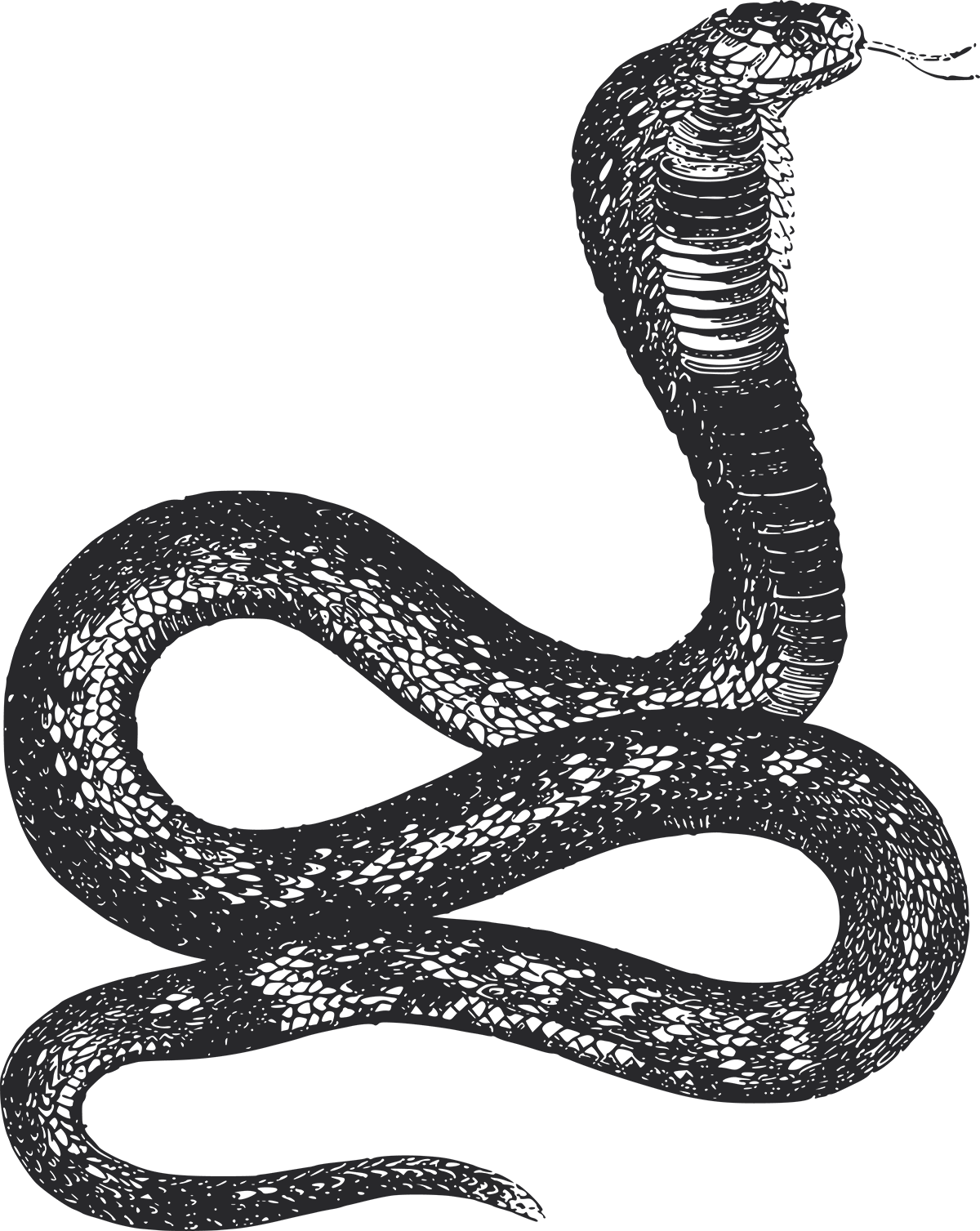DATE: DeCeMber 13th, 4:45 pm.
film program + intro + Q&A
MANO DESTRA, Cléo Uebelmann, Switzerland 1986, 50′ no dialogue
Mano Destra is an enigmatically stylised and exquisitely photographed study of the body as object. Achieving cult status among the S&M Underground, the film however confronts the paradox of S&M: the consensual nature of the relationship. The domina , Cleo Uebelmann herself – cool, detached,competent and precise, sculpts the body of herVictim /Client into an aesthetic object. The audience, however, wonders if Domina and client are one and the same woman. Birgit Hein notes the tenderness of the film in relation to the shock horror with which it had been received by certain audiences.
Mano Destra challenges fondly held views of the correct female sexuality and so creates both feelings of outrage and liberation.- Karen Smith.
conent notes: BDSM, marching sounds, bondage, sub dom relationship
DRESS REHEARSAL / KAROLA 2, Christine Noll Brinckmann, USA 1981, 14′, no dialogue
“DRESS REHEARSAL and KAROLA 2 were shot simultaneously and at the same on a New York location, in the neighborhood of the West Village Meat Packing District where I lived for a while in 1979. The two films also go together in that they were both made with Karola Gramann. Her way of dealing with clothes and jewelry, her specific talent of using whatever she wears or touches as a means of self-expression, informs the images of both works. But although DRESS REHEARSAL and KAROLA 2 were edited out of the same material, even using identical footage now and then, they differ considerably in structure and pace. This is achieved by the different functions of music in both works, and also by color movement, grouping of images and patterns of duration and repetition. Moreover, there seems to be a change of attitude taken by the films toward the personality projected from the screen: whereas DRESS REHEARSAL allows Karola Gramann to dramatize herself within little sequences, leaving room for her to actively develop her overall appearance in front of the camera, KAROLA 2 assumes more control over her, as if she were a mental apparition rather than a real performer.” (Christine Noll Brinckmann)








